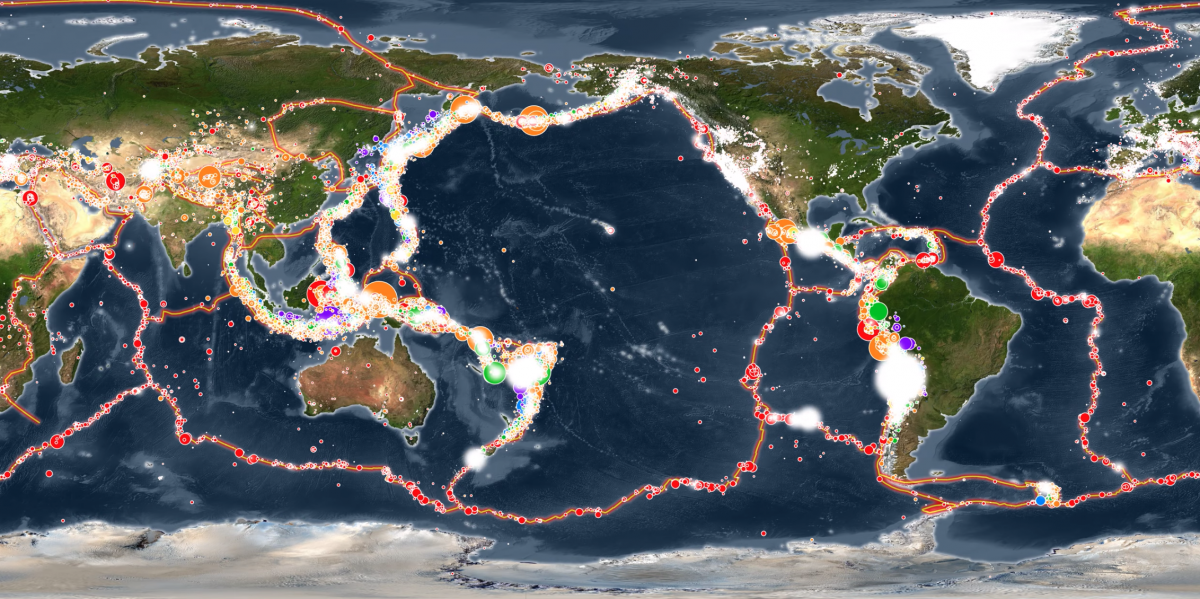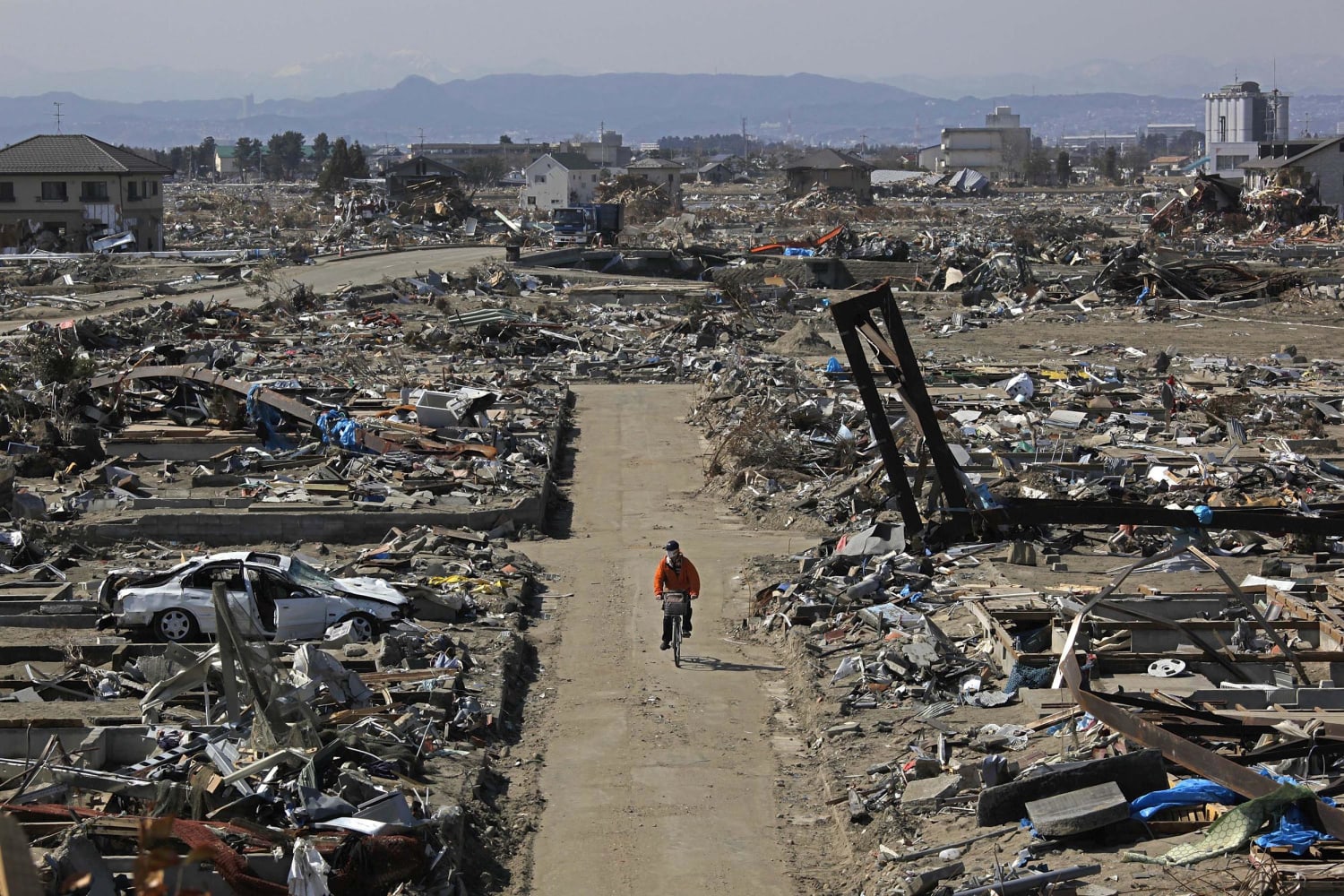So it seems in fact the end times is a part of the theology
Never said it wasn’t.
Once again, You said Jehovah’s Witnesses teach the
Rapture; that’s the part over which I disagreed with you. It is wrong. When people begin stating things that are not accurate, it affects their credibility.
….as were many failed dates.
Please…. there weren’t “many.”
Jehovah’s Witnesses, or the past IBSA, never claimed infallibility, anyways. Just the opposite:
In one of our publications (found in a link you posted), the 1983 Proclaimers book, regarding whether JW’s believed that they had all the answers, the full light of truth, Brother Russell pointedly answered: “
Certainly not; nor will we have until the ‘perfect day.’” (
Prov. 4:18,
KJ)
Proverbs 4:18, KJ, says:
“But the path of the just
is as the shining light, that shineth more and more unto the perfect day.”
Our version, NWT (New World Translation), states:
“But the path of the righteous is like the bright morning light That
grows brighter and brighter until full daylight.”
We use this Scripture quite often, because it compares the morning sun, which
progresses ever brighter, with the righteous understanding the Scriptures,
which would also be progressive.
And that’s been true of Jehovah’s worshippers. We’ve refined our understanding so many times…. When we became more enlightened about the origin of the Cross back in the 1920’s, we stopped using it.
Same with steeples.
Same with Christmas, Halloween, Easter…when their non-Christian backgrounds became better understood, we no longer celebrated them.
We used to teach & celebrate these concepts, when the “path” was darker, ‘earlier in the morning.’
Were some things stated in error?
So did the Prophet Nathan, at 1 Chronicles 17:1,2… David wanted to build a house to Jehovah… “Nathan replied to David: ‘Do whatever is in your heart, for the true God is with you.’”
But in vss.3&4, Jehovah told Nathan that was
wrong:
“On that very night, the word of God came to Nathan, saying: 4 “Go and say to my servant David, ‘This is what Jehovah says: “You are not the one who will build the house for me to dwell in.”
But Jehovah didn’t consider Nathan a false prophet; only
eager for His worship to flourish.
Same with us. And the preaching work keeps growing, with Jehovah’s blessings.
Regarding 1914 as the beginning of the Last Days….
There were wars in every century. The Black Plague was the most fatal pandemic.
300,000 died in the 1139 Ganja earthquake. Many millions died in wars in the Middle ages and before.
Yeah, “every century”.
Maybe in the first decade, there was a war somewhere. Then maybe a famine in that locale.
Maybe in the second decade, somewhere a great earthquake occurred.
Following that, a pestilence.
But in this past century,
and now, these things are happening almost everyday,
altogether!
As WWI (originally called The Great War) was nearing its end, the Spanish Influenza broke out. And since 1914, the prevalence of earthquakes began to increase!
This brilliant animation by NOAA, featuring all the recorded earthquakes in the 20th Century, showcases just how active our planet is. Watch it, and feel awed, and small, in the best possible way.

www.forbes.com
The global rate of “great” earthquakes nearly tripled in recent years, but does that portend a problem for unruptured faults along the northwest U.S.?

www.nbcnews.com
Right now is the most peaceful time in history.
This is a very naïve statement…. There is more distrust, selfishness, & animosity between people & groups of people, than ever before (2 Timothy 3:1-5); especially looking at the global picture since 1914!
(What you said about Bertrand Russell, Jr., makes his statement even more apropos, because it was unwitting and lends support to 1914 being the “beginning of pangs of distress.”)
In addition to what I posted re: secular authorities’ view about 1914 in post #5,703, here’s more (I’m sure you will want to ignore):
“Neither the old nor the young had any suspicion that what they were witnessing, during that incomparable season of
1914, was, in fact,
the end of an era.” (Before the Lamps Went Out, by Geoffrey Marcus)
“[There was] little or no evidence of a steady rise or a ‘snowballing’ of conflicts and tensions leading directly to the outbreak of war.” On the contrary, “by late 1913 and early 1914 . . . relations among the major powers appeared to be more settled than they had been for many years.” (International Crisis, by Eugenia Nomikos and Robert C. North, 1976)
“The effects of World War I were literally revolutionary and
struck deep in the lives of almost all peoples, economically as well as socially and politically.” (Meyers Enzyklopädisches Lexikon)
“The year 1913 marked the close of an era.” (1913 - An End and a Beginning, Virginia Cowles)
“Before 1914 the monetary and the financial systems were compatible. . . . If one takes August 1914 as marking the dividing line between them,
the contrasts between the nineteenth and the twentieth centuries are striking. In many aspects of human affairs
there has been a complete reversal of trend. . . . One major reason was the severance of the linkage between the financial system and money with intrinsic value that began in 1914. . . . The breaking of the linkage was a momentous event. . . .
1914 marked a radical, and in the end
catastrophic, transformation of that system.” (Ashby Bladen, senior vice president The Guardian Life Insurance Company of America)
“By all contemporaneous accounts, the world prior to 1914 seemed to be moving irreversibly toward higher levels of civility and civilization; human society seemed perfectible. The nineteenth century had brought an end to the wretched slave trade. Dehumanizing violence seemed on the decline. . . . The pace of global invention had advanced throughout the nineteenth century, bringing railroads, the telephone, the electric light, cinema, the motor car, and household conveniences too numerous to mention. Medical science, improved nutrition, and the mass distribution of potable water had elevated life expectancy . . . The sense of the irreversibility of such progress was universal.
World War I was more devastating to civility and civilization than the physically far more destructive World War II: the earlier conflict
destroyed an idea. I cannot erase the thought of those pre-World War I years, when the future of mankind appeared unencumbered and without limit. Today our outlook is starkly different from a century ago but perhaps a bit more consonant with reality. Will terror, global warming, or resurgent populism do to the current era of life-advancing globalization what World War I did to the previous one? No one can be confident of the answer.” (Alan Greenspan, The Age of Turbulence: Adventures in a New World, 2007)
“Those who have an adult’s recollection and an adult’s understanding of the world which preceded World War I look back upon it with a great nostalgia.
There was a sense of security then which has never since existed.”(Professor Benjamin M. Anderson, Economics and the Public Welfare)
“Historic events are often said to have ‘changed everything.’ In the case of the Great War this is, for once, true.
The war really did change everything: not just borders, not just governments and the fate of nations, but
the way people have seen the world and themselves ever since. It became a kind of hole in time, leaving the postwar world permanently disconnected from everything that had come before.” (A World Undone, G. J. Meyer, 2006)
“The outbreak of the war in
1914 is the great turning point of the history of humanity. . . . We entered an age of disaster, horror, and hatred, with insecurity everywhere.” (Peter Munch, Danish historian)
“Everywhere,
the standards of social behavior—already in decline—were devastated...if the politicians and generals had treated the millions under their care like animals dispatched to slaughter, then what canons of religion or ethics could any longer inhibit men from treating each other with the ferocity of jungle beasts? . . . The slaughter of the First World War thoroughly debased the value of human life.” (Norman Cantor, The Outline of History)
[Following the acceptance of the evolution theory] “a real de-moralization ensued...Man, they decided, is a social animal like the Indian hunting dog . . . , so it seemed right to them that the big dogs of the human pack should bully and subdue.” (H. G. Wells, 1920)
“The Christian Churches are the finest blood-lust creators which we have and of them we made free use.” (Frank Crozier, British Brigadier General)
“Increasingly,
the 75-year period from 1914 to 1989, covering two world wars and the cold war, is being seen by historians as a single, discrete epoch, a time apart in which
much of the world was fighting war, recovering from war or preparing for war.” (The New York Times, May 7, 1995)
“
Security and quiet have disappeared from the lives of men since 1914.” (Konrad Adenauer, German statesman, The West Parker, Cleveland, Ohio, January 20, 1966)
Jehovah’s Witnesses, then known as IBSA, had pointed to 1914 since 1879!
The New York World of August 30, 1914, explains: “The terrific war outbreak in Europe has fulfilled an extraordinary prophecy. For a quarter of a century past, through preachers and through press, the ‘International Bible Students’ [as Jehovah’s Witnesses were then known] . . . have been proclaiming to the world that the Day of Wrath prophesied in the Bible would dawn in 1914.”–The World, a New York newspaper, August 30, 1914.
As it turned out, these things were only a “beginning of pangs of distress.”
(Research for the previous Information was provided by a Mr. Mark Hunter.)




